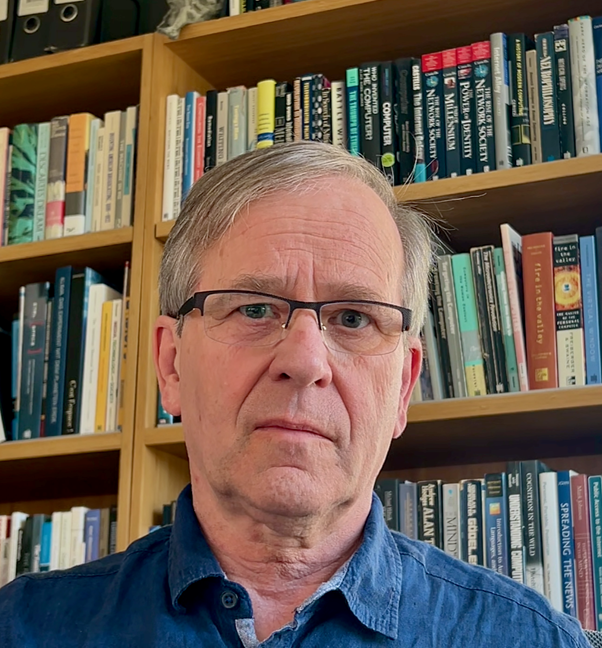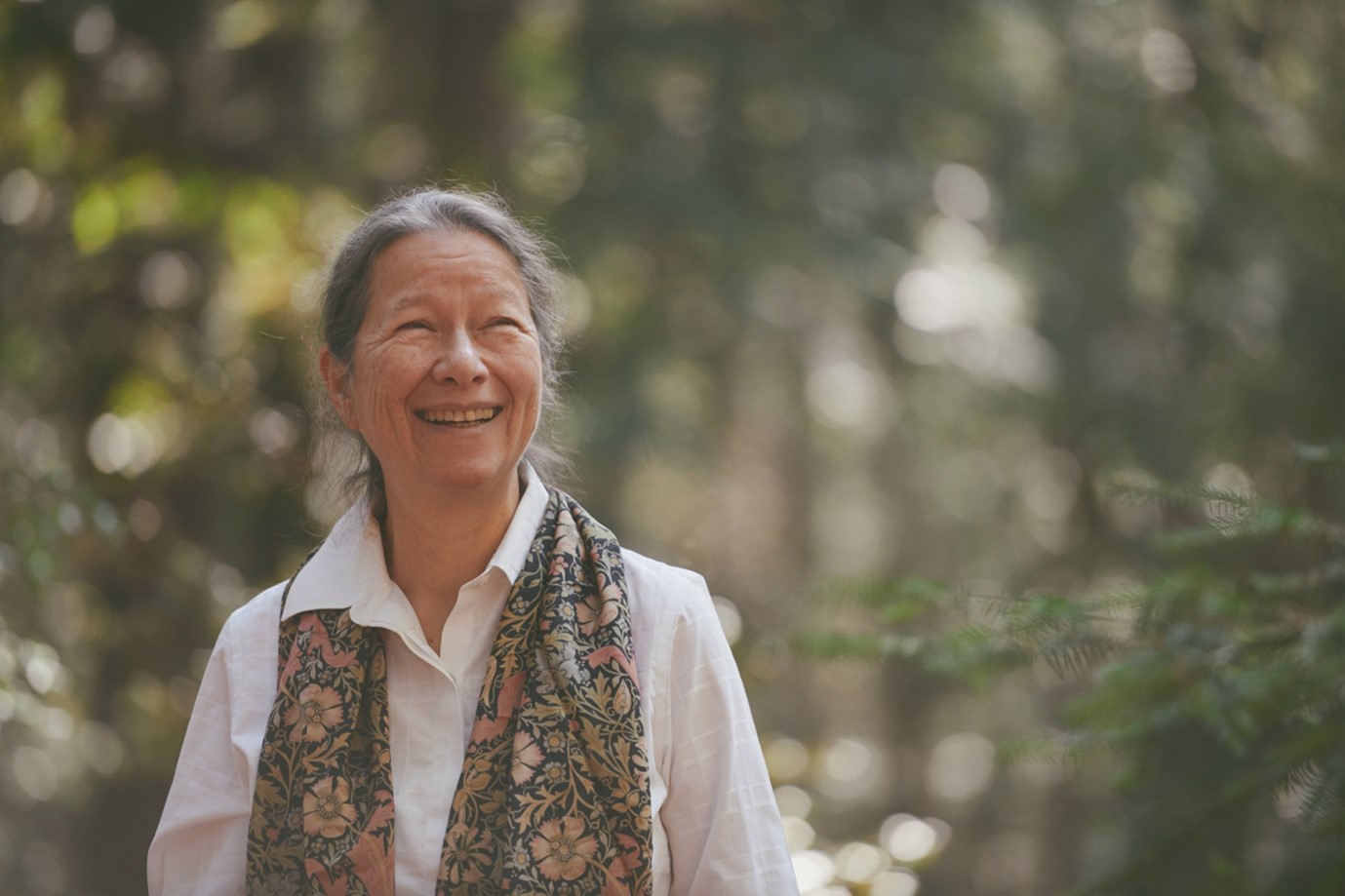
Bernal Prize 2025:
Paul N. Edwards and Anna Lowenhaupt Tsing
The Society for Social Studies of Science annually awards the Bernal Prize to an individual who has made distinguished contributions to the field of STS. Past winners have included founders of the field, along with outstanding scholars who have devoted their careers to the understanding of the social dimensions of science and technology. The 2025 Prizes go to Paul N. Edwards and Anna Lowenhaupt Tsing.
The 2025 Bernal Prize Committee: Anne Pollock, Chair, Warwick Anderson, Monamie Bhadra Haines, Wen-Hua Kuo, Nassim Parvin.
Paul N. Edwards
T
Image credit: Paul N. Edwards, 2025
Acceptance Statement
I am awed and humbled to accept the J.D. Bernal Prize, joining extraordinary intellectuals who taught, encouraged, and inspired me throughout my life. Among the many on that long list – including some no longer with us – I thank Donna Haraway, Bruno Latour, Leigh Star, Trevor Pinch, and most especially Geoffrey Bowker, my close colleague, co-editor, and friend for over 30 years. Yet further thanks are owed to my mentor, the brilliant, tireless climate scientist Stephen Schneider, who poured his life into saving our planet from the fiery fate we now endure. Above all, I owe a never-ending debt of gratitude to my partner in life, love, research, travel, and writing, my ripple in still water, Gabrielle Hecht.
As I write, a reckless, lawless administration seeks to kneecap American science, abetted by cackling billionaires who see empathy as a weakness and ordinary people as expendable drones. It is shredding, in days, rights, knowledge, and safeguards that built up through generations of struggle: of black and brown people, of women, of LGBTQ+ humans, of indigenous peoples, and of the climate and environment that feeds and sustains us all. The intellectual communities that comprise 4S have played no small part in teasing out injustice and toxicity in science, technology, and medicine. We have helped hold scientific institutions to account, making them more equitable, more aware of human difference, and more legible to broad publics.
Yet in accepting this prize, I call for our Society to rise to the defense of the scientific enterprise in its hour of greatest need. STS critique and questioning are not a game, not a contest to be won by the sharpest, most righteous critic. Their value lies in shaping and improving the lumbering Golem (Collins and Pinch) that is our science. I am alive to accept this prize thanks to researchers, doctors, and nurses at the National Institutes of Health, who cured me of a rare leukemia, one that invariably killed its victims only 35 years ago. My research on the history of computers and climate science relied on the openness, generosity, and honesty of hundreds of scientists I interviewed and worked with, and who welcomed me into the Intergovernmental Panel on Climate Change as a co-equal colleague. You too, perhaps, have so benefited.
Now it is our turn to speak out for them.
Anna Lowenhaupt Tsing
A
Image credit: Drew Kelly, Future Observatory, Anna Tsing 2025
Acceptance Statement
I am so honored to receive the Bernal Prize! I’m honored, too, to be paired with Paul Edwards, and I endorse his comments about our responsibilities to stand up for science in a terrifying time in the United States, where governance is now enacted through chaos. As so many social, environmental, medical, human rights, and scientific issues are swept up in a flood of destruction, it’s a time to remember what can be built through coalition politics. Let’s not allow destruction become normal.
